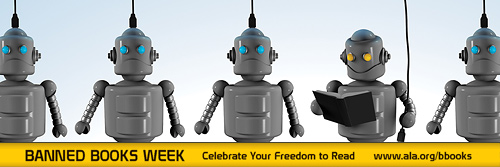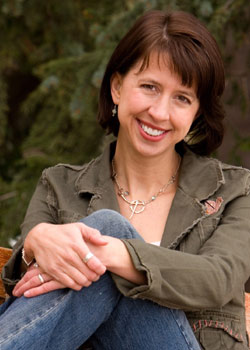It’s 1:16 p.m. and Nancy Fisch sits at her desk, making mysterious, hieroglyph-like squiggles on a copy of music.
With a freshly sharpened pencil in her left hand — her left-handedness is a sign of her brilliance, she jokes — she’s transferring the squiggles from one copy of a score to another.

“Let’s see how long it takes me,” she says, savoring the challenge.
Fisch is the Joan Rivers of symphony librarians, a wise-cracking, Brooklyn-born, former French horn player with a talent for organization, a salty sense of humor and a tireless devotion to the orchestra. She works as the librarian of the San Diego Symphony.
The music in front of her: the viola part of Mozart’s Flute Concerto No. 2 in D major. It’s one of the works that flutist Sir James Galway — the most famous flutist on the planet — will perform next month in the concerts that open the San Diego Symphony’s centennial season.
On her right is the music prepared by the symphony’s principal violist, Che-Yen Chen. On her left is the copy that needs work.
It’s 1:16 p.m. and Nancy Fisch sits at her desk, making mysterious, hieroglyph-like squiggles on a copy of music.
With a freshly sharpened pencil in her left hand — her left-handedness is a sign of her brilliance, she jokes — she’s transferring the squiggles from one copy of a score to another.

“Let’s see how long it takes me,” she says, savoring the challenge.
Fisch is the Joan Rivers of symphony librarians, a wise-cracking, Brooklyn-born, former French horn player with a talent for organization, a salty sense of humor and a tireless devotion to the orchestra. She works as the librarian of the San Diego Symphony.
The music in front of her: the viola part of Mozart’s Flute Concerto No. 2 in D major. It’s one of the works that flutist Sir James Galway — the most famous flutist on the planet — will perform next month in the concerts that open the San Diego Symphony’s centennial season.
On her right is the music prepared by the symphony’s principal violist, Che-Yen Chen. On her left is the copy that needs work.
Chen, the head violist, has made markings between the lines of notes that are to be copied to the other violists’ music. A “v” signifies an up-bow (that’s when the bow moves across the strings starting at the tip). A marking that looks like an unused staple is a down-bow (during which the bow moves from handle to tip). The markings help coordinate the way the musicians play so that bowings will be done in unison, contributing to the cohesiveness of a performance.
Story from Voice of San Diego.
 From
From 
Recent Comments